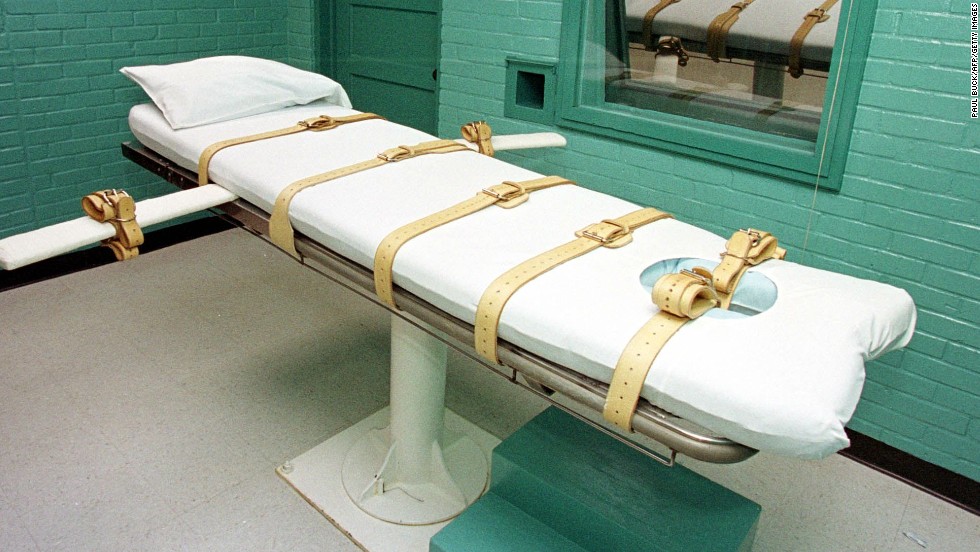Hurry Sundown

I’m just a plainspoken Colorado criminal defense lawyer, but the way I see it…
My cousin Foster welcomed the men who came to put him to death. He never put up a defense after he killed his wife. Never claimed, even temporary, insanity. Didn’t file an appeal. Took the gas that killed him deep into his lungs. He was sorry for what he had done, sorry for his children whom the State of California would, in a few minutes, orphan. He couldn’t wait to die.
The State of Arkansas this month couldn’t wait to kill eight of its prisoners. Thanks to meddling courts, they only got to kill four, and they don’t know when they’ll get to kill the rest, and the twenty-five other inmates idling on death row.
The unseemly haste to exterminate as many as possible was because in only three days the freshness date of one of the state’s poisons comes due. After that executioners may have to resort to plain old bashing in the brain like you might some garden vermin that dared into your begonias.
Now that sounds crude and horrible, but the truth is more horrible. The three drugs used in lethal injection individually are medicines used to enhance and save lives, but in combination are lethal. One is a paralytic, and usually masks the effect of another that when injected causes excruciating pain. So that while to a spectator an execution may look almost peaceful, the human being executed may feel like he or she is being burned alive.
The drug companies themselves are appalled that their medicines are being used for this purpose, and by contract require they in fact not be used in executions. But Arkansas and other states have paid premium prices to distributors to violate their contracts, and guarantee their anonymity.
The President of the United States once indignantly called for the mass execution of five young black men in his hometown who were convicted of a crime they did not commit. Even when he learned they were innocent, he stuck to his view (much as he still believes Andrew Jackson was really, really pissed off about the Civil War, albeit from the vantage of his grave). His Attorney General thinks the death penalty is not too fancy for the mentally ill.
Such is the state of death penalty jurisprudence and practice in the Trump Era.